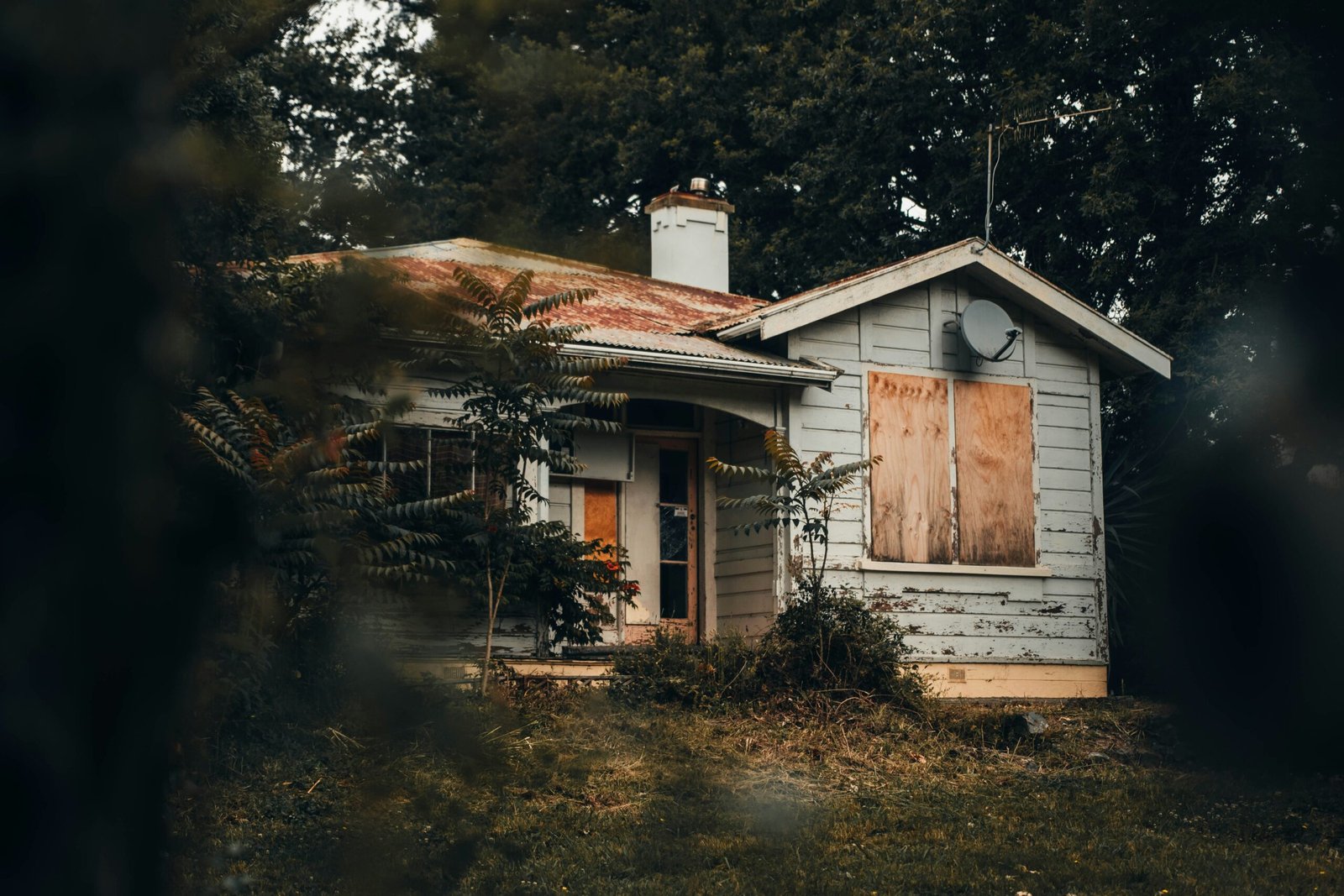Whether it’s a casual barbecue, a birthday party, or just a neighbor stopping by for a chat, your home is meant to be a safe and welcoming space. But accidents happen — and if a guest gets injured on your property, the financial and legal consequences could be serious.
So, the real question is: Are you covered if someone gets hurt at your home? Let’s explore how your homeowner’s insurance policy handles guest injuries and what steps you can take to protect yourself.
Understanding Your Liability as a Homeowner
As a homeowner, you're legally responsible for maintaining a reasonably safe environment for visitors. If a friend slips on your icy walkway or trips over a loose step, you could be held liable for medical costs, lost wages, or even legal fees.
This is where homeowner insurance steps in. Most standard policies include personal liability coverage, which may help cover medical bills and legal expenses if someone gets hurt on your property. However, coverage limits can vary, and not every situation is covered.
When Are You Liable?
Not every injury on your property automatically becomes your responsibility. For instance, if a guest ignores posted warnings or engages in risky behavior, you may not be held accountable. But if the injury is due to negligence — like broken railings, uneven sidewalks, or unsecured pets — then the liability likely falls on you.
That’s why it's essential to keep your property well-maintained and hazard-free.
Guest Injury Liability Insurance Tips: Stay Protected
If you're looking to strengthen your safety net, here are some practical guest injury liability insurance tips every homeowner should follow:
1. Review Your Liability Limits
Standard homeowners insurance may only cover up to a certain amount. Consider increasing your liability limits or adding an umbrella policy if you frequently host guests or have high-risk features like a pool or trampoline.
2. Understand Medical Payments Coverage
This part of your policy helps pay for minor injuries — regardless of who’s at fault — and can help you avoid lawsuits in the first place.
3. Document the Scene
If an accident does happen, take photos, gather witness statements, and keep a detailed record. These can be useful during the claims process or in case of a legal dispute.
4. Consider General Liability Insurance for Broader Protection
If you operate a business out of your home or have more complex liability concerns, looking into General Liability insurance may provide broader protection than a standard homeowners policy.
5. Keep Your Property Safe
Inspect your home regularly. Fix loose handrails, secure rugs, maintain walkways, and keep areas well-lit. Prevention is always the first line of defense.
Know Your Policy — Before You Need It
One of the biggest mistakes homeowners make is assuming they’re covered — only to find out after an incident that their policy has gaps. Understanding what your insurance covers today can save you from major headaches tomorrow.
For comprehensive protection tailored to your needs, consider visiting this trusted insurance provider for more details on customizable policy options.
Final Thoughts
Having guests over should be about making memories — not worrying about legal claims. By staying proactive and informed, you can enjoy peace of mind knowing that if the unexpected happens, you're ready.
Apply these guest injury liability insurance tips now, so you won’t have to worry about them later.



























